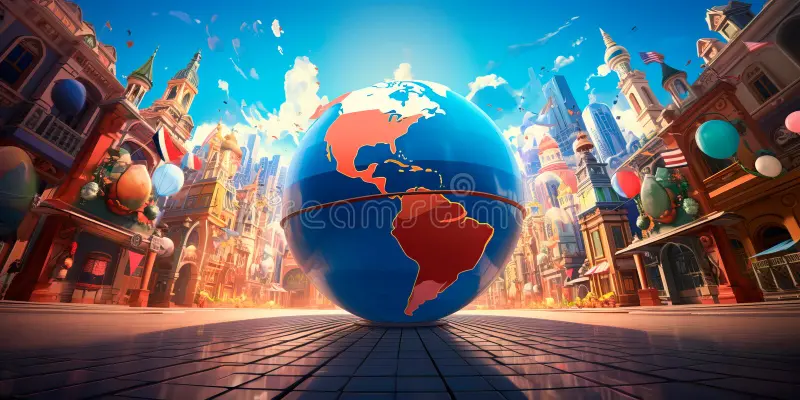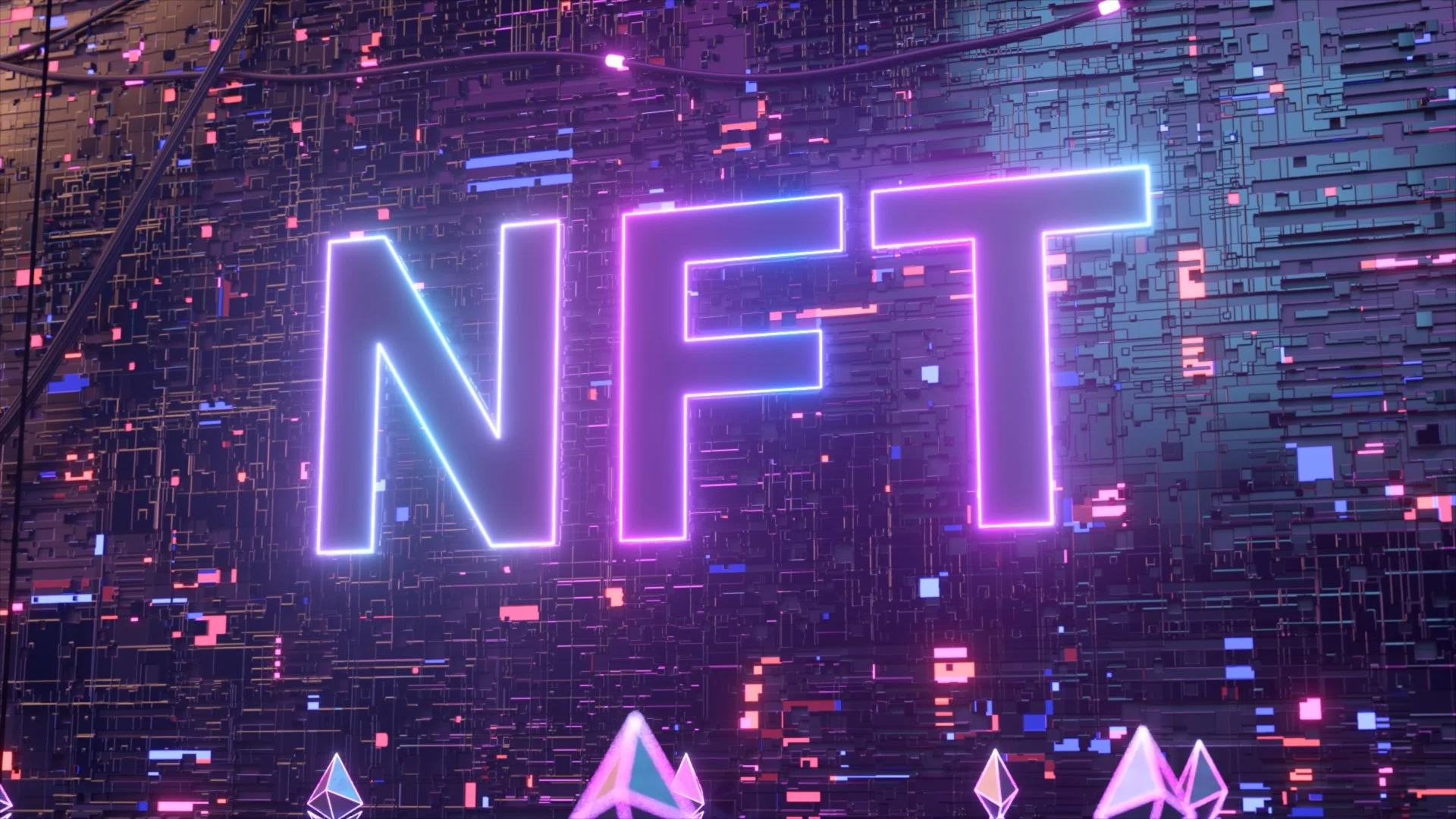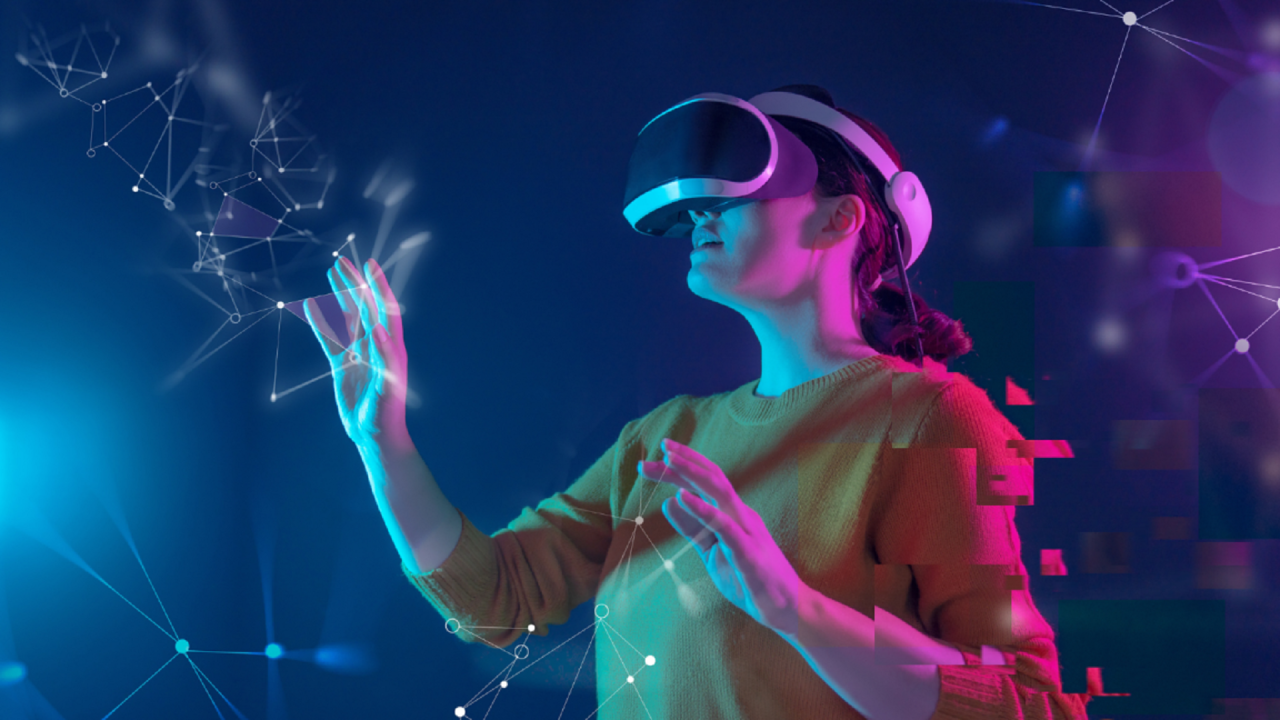Anime, once a niche cultural export from Japan, has evolved into a global powerhouse shaping art, technology, and politics alike. The growing influence of anime extends beyond the entertainment sector — it now drives economic policies, cultural diplomacy, and digital innovation. From Silicon Valley investors funding anime streaming startups to political leaders using animation as soft power, anime’s reach symbolizes a new era of cultural globalization.
This transformation is not accidental. The anime industry has strategically leveraged digital tools, blockchain systems, and cross-border collaborations to amplify its global footprint. What began as storytelling now operates as a geopolitical and economic engine that intertwines with trade, technology, and celebrity culture.
Anime’s Role in Cultural Diplomacy
Countries increasingly recognize anime as a diplomatic asset. Japan’s “Cool Japan” initiative, for instance, has long used anime and manga to promote its national identity abroad. Now, other nations like South Korea and China are following suit, producing animated works designed to enhance their global image and soft power.
This cultural diplomacy has sparked global competition. Anime has become not just entertainment but a strategic export that influences public sentiment, tourism, and even international relations. In this way, animation serves as both an art form and a diplomatic tool shaping the narratives of nations.
Economic Growth Through Anime Investments
The financial footprint of anime is vast. Global investors are pouring billions into production studios, streaming platforms, and digital licensing. The rise of crypto-backed anime ventures and NFT-based collectibles has further expanded the economic landscape, enabling fans to participate directly in the ownership and monetization of content.
In countries like the U.S. and France, anime consumption has fueled local economies, inspiring job creation in dubbing, design, and marketing. As anime’s global demand grows, its financial ripple effect underscores its importance not just as pop culture, but as a legitimate industry with international economic value.
Celebrities as Cultural Bridges
Hollywood stars, athletes, and musicians have embraced anime as a universal language. From Billie Eilish’s anime-inspired visuals to John Boyega’s anime production investments, celebrities are using their influence to promote the medium’s global reach.
These collaborations are redefining global fandom. By merging Western celebrity culture with Japanese artistry, anime is becoming a symbol of cross-cultural unity and digital-age creativity. The result is a unique form of cultural exchange that resonates with younger, globally connected audiences.
Political Conversations in the Anime World
Anime has also entered political discourse. Storylines exploring themes like surveillance, war, and environmental destruction often reflect global anxieties, resonating with audiences across ideological divides. Politicians have even referenced anime narratives when discussing digital ethics and technological progress.
Moreover, political debates surrounding censorship, representation, and AI-generated content highlight anime’s growing influence on policy and regulation. As governments navigate the balance between freedom of expression and cultural sensitivity, anime remains a pivotal platform for global dialogue.
Technology and the Future of Anime Production
Artificial intelligence and blockchain are revolutionizing anime production. AI tools now assist animators with rendering and storyboarding, while blockchain ensures transparency in creative ownership. These technologies not only increase production efficiency but also democratize content creation for smaller studios.
The integration of virtual reality is taking anime storytelling to new dimensions. Viewers can now step into immersive digital worlds, blurring the line between audience and creator. Such advancements solidify anime’s position at the forefront of digital entertainment innovation.
FAQs
How does anime contribute to international diplomacy?
Anime enhances cultural diplomacy by promoting national identity, fostering tourism, and improving global perceptions through creative storytelling.
What economic impact does anime have globally?
The anime industry contributes billions annually to the global economy through production, licensing, streaming, and merchandise sales.
Why are celebrities involved in anime investments?
Celebrities see anime as a growing cultural and financial trend that bridges art, technology, and international audiences.
How is AI changing anime production?
AI tools streamline animation workflows, enhance design efficiency, and enable more creators to participate in content production.
What role does blockchain play in anime’s evolution?
Blockchain secures digital ownership, supports NFT trading, and ensures fair compensation for creators through transparent royalties.
Conclusion
Anime’s fusion with technology, politics, and finance reflects a larger global shift toward cultural interconnectedness. Its evolution from entertainment into an instrument of diplomacy, innovation, and economic growth illustrates how art can transcend borders and redefine global influence.
As the digital landscape expands, anime’s global role will only intensify. It will continue to serve as a bridge between cultures, a catalyst for investment, and a symbol of how creativity — powered by technology — can inspire unity in an increasingly fragmented world.










